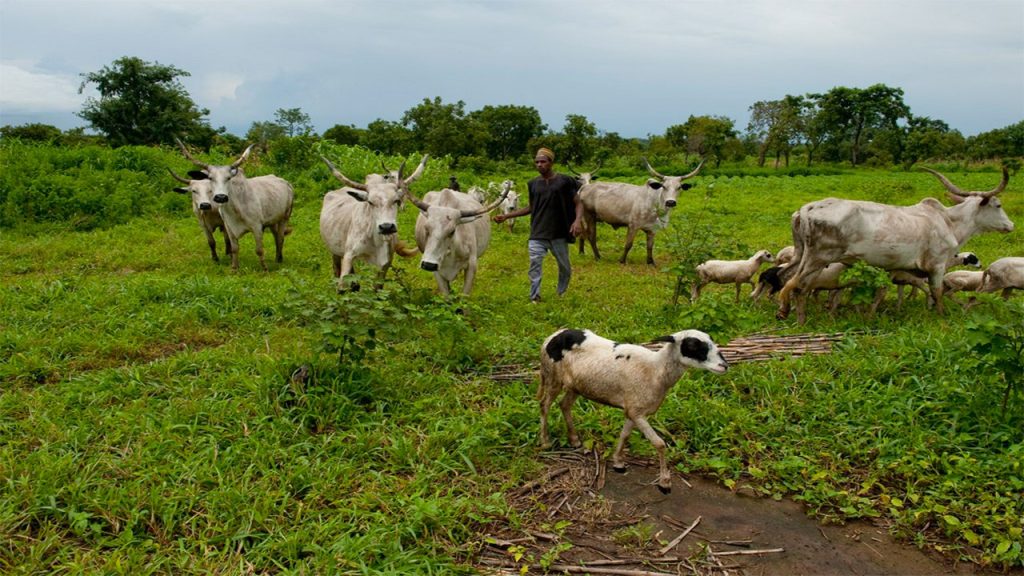The longstanding conflict between farmers and herders in Nigeria has been a source of persistent tension, violence, and economic disruption.
The Senate’s recent debate on banning open grazing is a significant development in the quest to resolve this issue. However, the feasibility of such a ban, its implementation, and the government’s willingness to establish grazing areas or farm settlements for herders remain contentious topics.
With the creation of the new Ministry of Livestock, the government appears to be taking a more structured approach to addressing these challenges.
The idea of banning open grazing is not new. Several states have enacted anti-open grazing laws, but these have seen varying degrees of success. Proponents argue that banning open grazing would reduce the incidences of violent clashes between herders and farmers, promote modern livestock management, and enhance agricultural productivity. Opponents, however, highlight the cultural and logistical challenges associated with such a ban, particularly in regions where nomadic pastoralism is a traditional way of life.
Banning open grazing at a national level is a complex proposition. It requires not only legal backing but also the infrastructural capacity to support alternative grazing methods. The challenge lies in balancing the rights and traditions of herders with the need for agricultural stability and rural development.
The effective implementation of an open grazing ban hinges on several factors. First, there must be a robust legal framework that is uniformly enforced across all states. This requires cooperation between federal and state governments, law enforcement agencies, and local communities.
Second, there must be adequate infrastructure to support the transition from open grazing to more sustainable practices. This includes establishing well-equipped grazing reserves, ranches, and farm settlements. These facilities must provide herders with access to water, veterinary services, and market outlets.
Third, there needs to be a comprehensive education and outreach program to inform herders about the benefits of modern livestock management and assist them in transitioning to new practices. This includes training in animal husbandry, pasture management, and the use of technology in livestock farming.
The government’s willingness to end open grazing is crucial. The recent creation of the Ministry of Livestock is a positive step. It signals a more coordinated and focused approach to livestock management. This new ministry has the potential to address the systemic issues that have plagued the livestock sector for decades.
The government must demonstrate a genuine commitment to resolving the farmers-herders conflict by allocating sufficient resources to the new ministry, supporting state-level initiatives, and fostering collaboration with international partners. Additionally, the government must engage with all stakeholders, including herders, farmers, traditional leaders, and civil society organisations, to ensure that policies are inclusive and address the root causes of the conflict.
The Senate’s debate on banning open grazing is a critical step towards addressing the persistent farmers-herders clash in Nigeria. While the ban itself poses significant challenges, its successful implementation could lead to a more peaceful and productive agricultural sector. The government’s role in providing the necessary infrastructure, legal framework, and support systems is paramount.
The creation of the Ministry of Livestock offers a promising opportunity to address these issues in a structured and coordinated manner.
However, the success of these initiatives will depend on the government’s willingness to commit the necessary resources and engage with all stakeholders in a meaningful and inclusive manner. The Senate’s debate on banning open grazing is an important starting point, but it must be followed by concrete actions and sustained efforts to address the underlying causes of the conflict.
